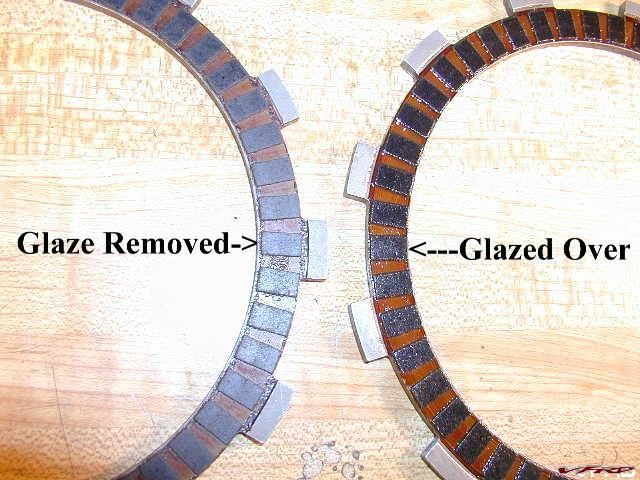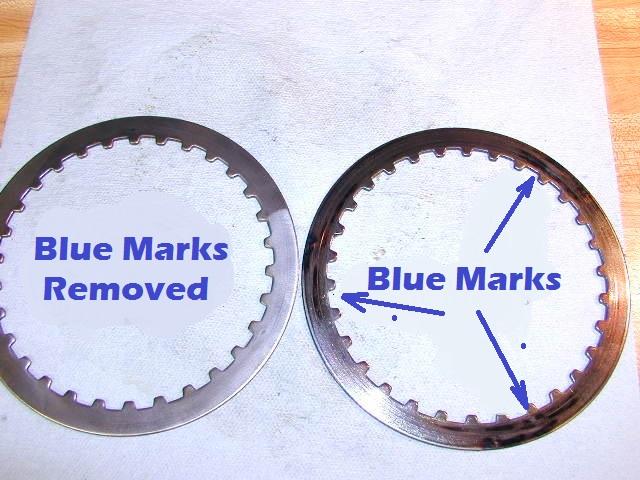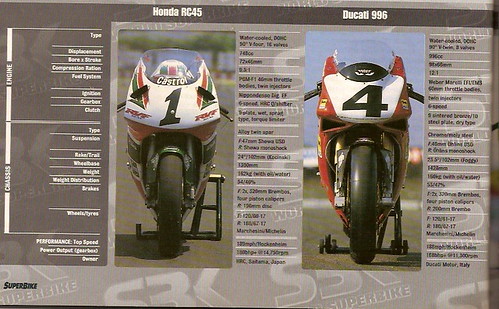Mileage not Moly is the objective cause of clutch slippage... Moly will not defeat a wet clutch in good working order...
Noted Motorcycle oils that also employ Moly...
Honda GN4
Suzuki Ecstar
Motul 7100
Asmoil MC
Mobil 4T
If you wish high mileage clutch life then you have to invest is some
good old sweat equity... because at the first sign of slip it doesn't
automatically mean your clutch is tired and worn out or that your
clutch plates are wore too thin because you can Mic them to
determine serviceability and within the factory specifications...
Under scrutiny you'll find that your slip was due to normal
glazing and contaminates...
Deglazing clutch plates ain't nothing new... no sir... back in the 70s
it use to be part of every savvy rider's maintenance plan... and for
some reason that all change during the 90s... why fix what you can buy
new is the what you hear now a days... but if your interested in
making your clutch bite good as new then roll up your sleeves and read
on... i
Inspect the friction plates for glazing... make sure you have plenty
of material to work with... your shop manual states clutch thickness
in thousands of an inch or mm...
First removed the contaminants with Acetone... pick a hard surface to lay
over a 600 grit black dry emery paper... rotate the clutch plate in a
circle... you're just busting the glaze... don't get carried away
remove too much material... You should end up with a friction plate
looks dull like a new one as opposed to a shinny glazed one... recheck
thickness...






